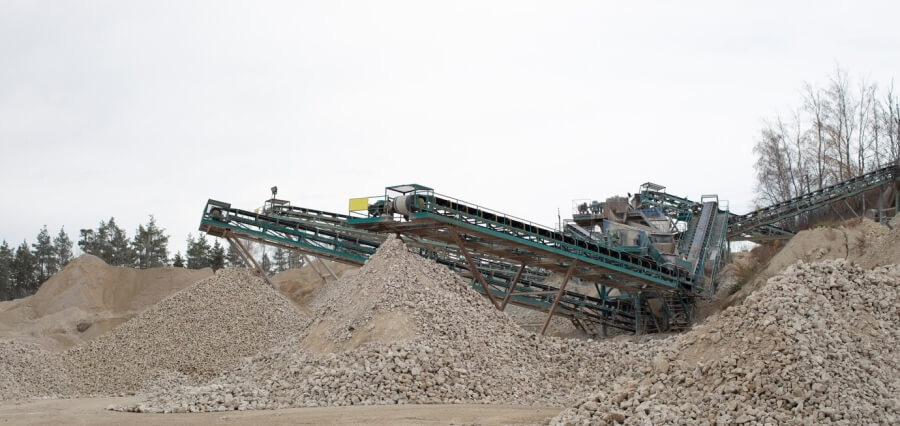Beginner’s Guide to Various Types of Aggregate Equipment

Aggregates are a fundamental element in construction projects, serving as the foundation for roads, buildings, and more. However, before these materials can fulfill their role, they need to be processed using specialized equipment designed for aggregate production.
Crushers are essential machines that break down rocks into smaller pieces, such as gravel or rock dust. There are different types of crushers available, including jaw crushers, gyratory crushers, and cone crushers, each with its own advantages depending on the material being crushed.
Feeders play a crucial role in controlling the flow of materials into other heavy equipment like crushers and screeners. They come in various forms, such as vibrating feeders, apron feeders, and belt feeders, and the type used depends on factors like material size and processing speed.
Screeners are used to classify materials based on size, with options like vibrating screens, trommel screens, and shaker screens available. The choice of screener depends on the desired end product and the size of the material being processed.
Conveyors are utilized to transport materials throughout the production process, ensuring a steady flow. Different types of conveyors, like belt conveyors, screw conveyors, and bucket elevators, can be customized to meet specific project requirements.
Washers play a vital role in cleaning materials like sand, gravel, and crushed stone, removing impurities that could affect the quality of the final product. Coarse material washers are designed for larger aggregates, while fine material washers are more suitable for removing fine particulates.
Companies like Stone Equipment Company provide advanced technology for various sectors, from construction to artistic fields. Their equipment ensures precision and efficiency, making them a valuable partner for industries involved in stone processing.
Understanding the different types of aggregate equipment and their functions is crucial for any construction project. As technology advances, these machines will become more efficient, contributing to the production of high-quality aggregates for different industries.
If you found this article helpful, explore our other blogs for more valuable insights.





